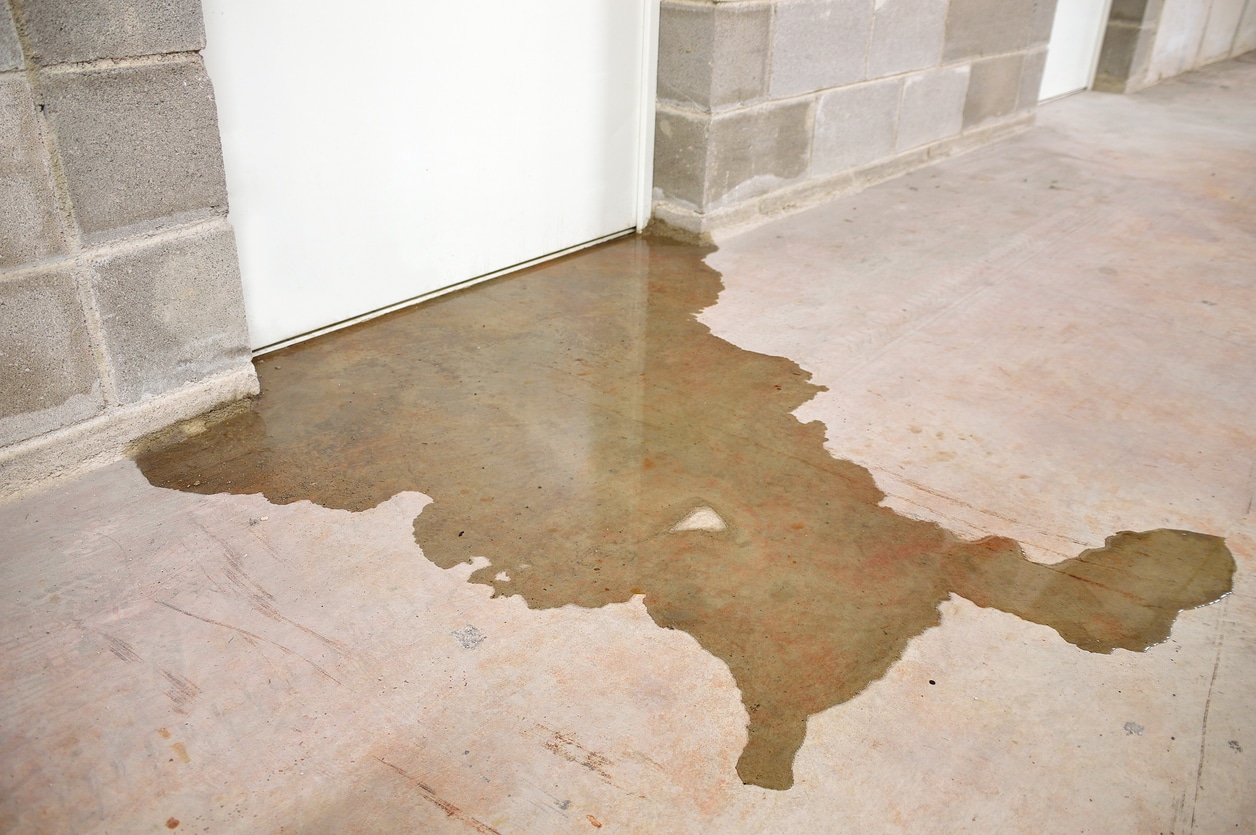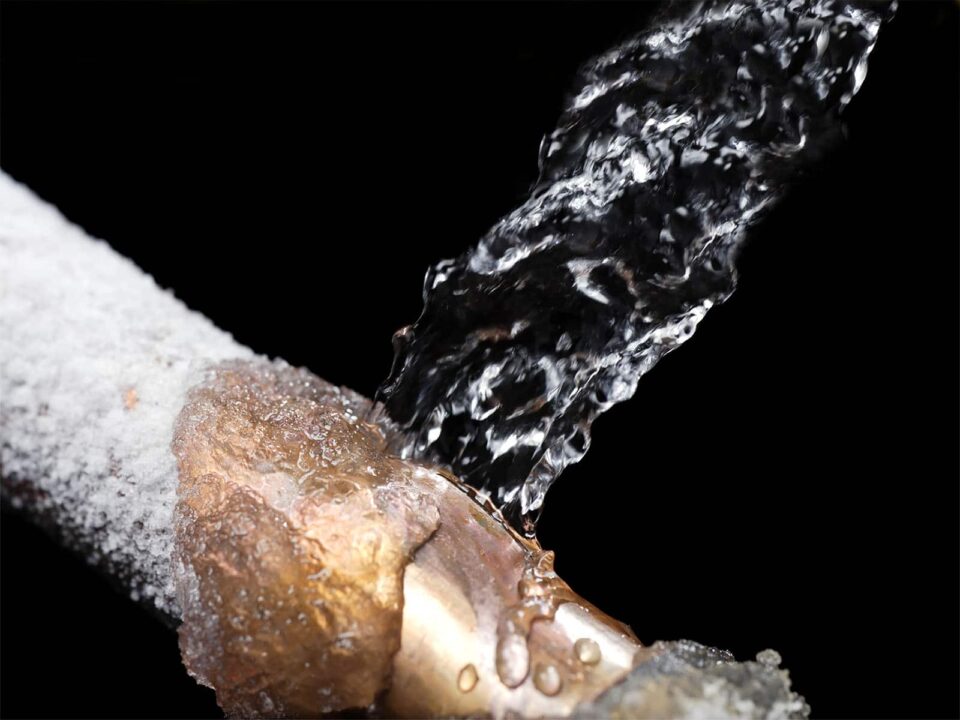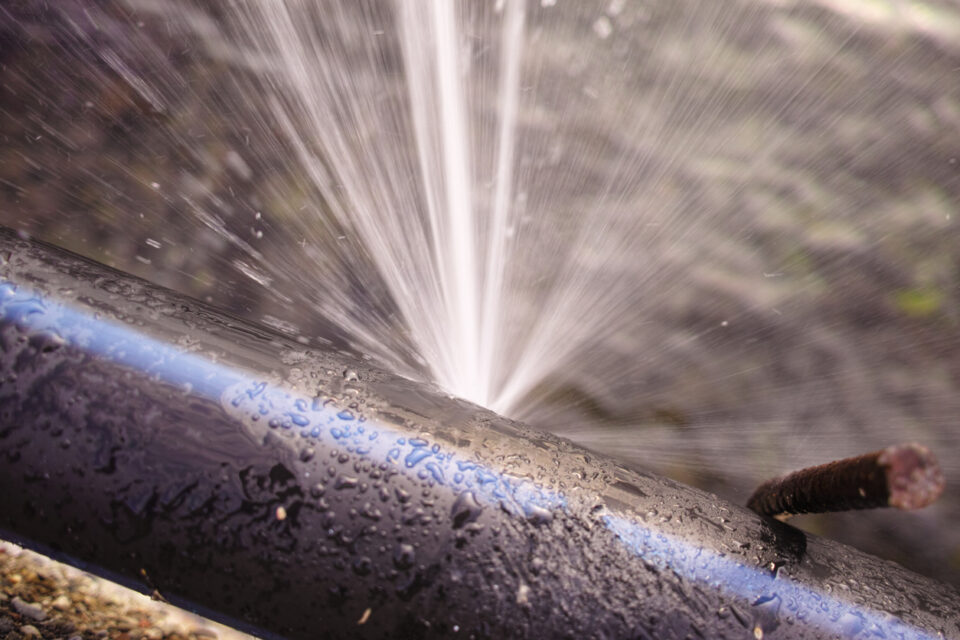Determining the reason for your basement drain backup could take a little guesswork since there could be several reasons. Typically, the cause of your basement drain backing up lies in the deep and dark spaces of your underground drain lines. This article is meant to point you in the right direction to both diagnose and prevent basement backups.
While there are some DIY solutions you can try to clear the blockage (which we will explain below), those solutions may only relieve small blockages or common maintenance issues. In some cases, you’ll need to hire a professional drain service to clear your line and determine the root cause of the blockage. Frequently a drain pro can also advise you on how to avoid future issues.
The 3 Common Spots Where a Basement Drain Can Backup
How many things are more unpleasant for homeowners to face than a basement drain backup? If the problem is not fixed quickly, sewage water can start to rise in your basement, creating an unsanitary and dangerous environment. This can lead to mold, mildew, or even a trip-and-fall accident. Knowing where a basement drain can back up from, and the typical causes of such backups can help you take steps to prevent them.
1. Toilets, Showers, and Sinks:
A drain backup in your basement can be caused by your most-used plumbing fixtures. If any of these fixtures are not draining properly, the water has nowhere to go but up. While these low-lying fixtures could be the cause of your backup, it is also likely that the problem lies further down the line in your drainage system. Clogs in a main underground drain will rise from the lowest point of access. In a basement that would be a shower, sink, or toilet. Always remember, water seeks its own level.
2. Basement Floor Drains or Outside Area Drains:
Floor drains are installed in homes for the purpose of draining water that seeps out and appears above the floor, such as for draining a water heater, or just for mopping the floor. Most floor drains have a “trap” and a sump that holds water in the drain and prevents sewer gases from entering the home. The water in the trap also keeps insects and other pests from coming up through the drain.
If you have a basement floor drain backup, it is likely because the drain is clogged or the sewer line leading to the drain is clogged. However, in some cases, it is a very fixable problem. If the sump itself, or the sump of the trap is full of dirt, that could be the drain problem. Cleaning the sump using a gloved hand could be an easy fix.
3. A Basement Drain Backup from a Sewer Pit:
The sewer pit is a part of your home’s drainage system and it is where all the wastewater in your house flows to your main house trap. Unfortunately, this means that sewer gases, insects, as well as other contaminants, can enter your home through the pit. If there is any damage to the pit or the main house trap, it can cause a backup or allow sewer gas to enter.
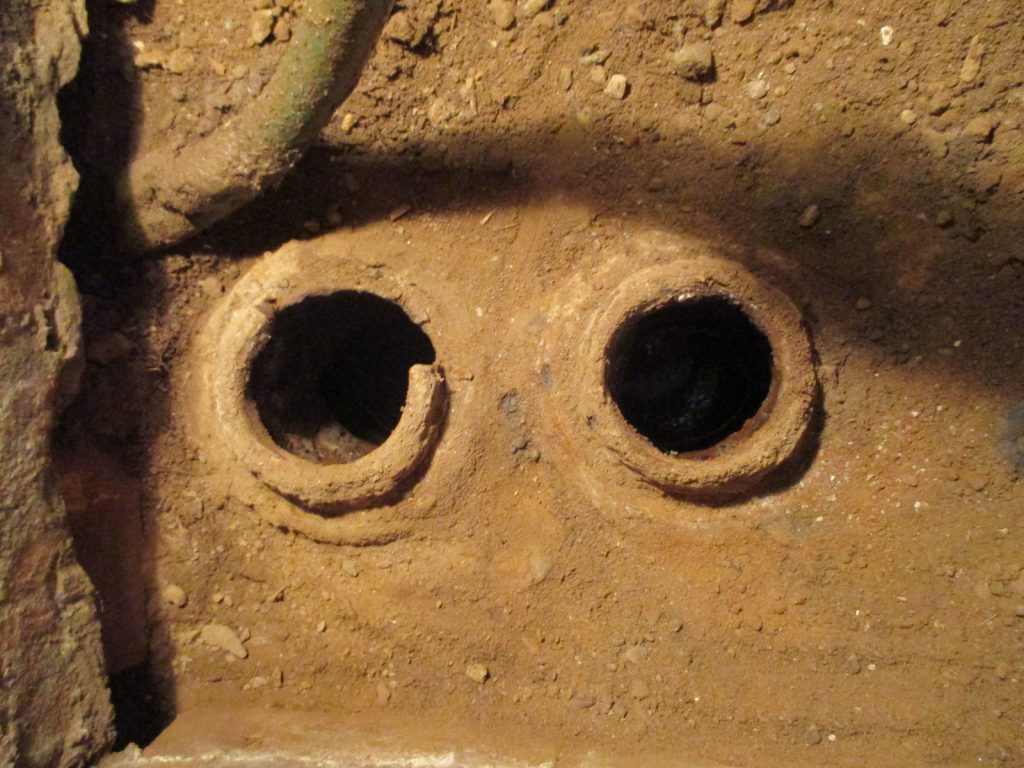
Knowing how each of these fixtures operates and what their purpose is will give you a much better understanding of your home’s drainage system. When you know how the system is supposed to work, it will be much easier to spot a problem when it arises. Always make sure your trap is sealed tightly with caps or plugs. Likewise, always make sure the sewer access pit has a snug cover.
The 3 Common Causes of a Basement Drain Backing Up
Now that you know some of the places where water can back up in your basement, it’s time to learn about some of the most common causes of a drain backup inside of your basement.
1. Clogged Drains
Drains can become clogged for a variety of reasons. The most common cause is when people flush things down the toilet that should not be flushed. These items can include feminine hygiene products, diapers, baby wipes, and paper towels. While these items may seem small, they can cause big problems in your drainage system. Over time, the build-up of these items can create a blockage that will cause your drains to back up. All of these items do not decompose, they are not bio-friendly.
2. Heavy Rainfall
On average, New York gets about 47 inches of rain per year. While this may not seem like a lot, all that rain can cause problems for your drainage system. More and more frequently this average rainfall is not spread out evenly over the year. it tends to occur nowadays in dramatic and heavy rainstorms.
Heavy rainfall can quickly overburden your system, or the public sewer itself, and cause it to back up. Additionally, if the rain is accompanied by melting snow, the water has nowhere else to go but back into your basement. In certain cases, installing a sewer backwater valve is a good solution.
3. Defective Pipes
Over time, your home’s pipes will degrade, become damaged, and sometimes sag. This is especially true for older homes with outdated plumbing, or unstable soil conditions. When pipes become damaged, they are no longer able to properly transport water. This can cause a backup in your system.
Determining the root cause of your basement drain backup is essential to prevent future backups. Once you know what is causing the problem, you can take steps to fix it and prevent it from happening again. High-definition sewer camera inspections are frequently a great way to pinpoint your drain issue.
Diagnosing and Preventing a Basement Drain Backup
“Water seeks its own level.” This phrase is often used to describe a variety of things, but it is especially relevant when diagnosing a drain backup in your basement. No matter what, when water flows it is always going to drop down to the lowest point that it can. This is why drain backups always happen in the lowest part of your home, which is typically the basement.
To properly diagnose a basement drain backup, you need to think like water. Typically, where water surfaces are not the source of the problem, but rather where the water finds the lowest point to escape.
Steps that you can take to diagnose your basement drain backup:
Check all the drains in your home:
Start by checking all the drains in your home, both inside and outside. Pay close attention to any drains that seem to be slow or clogged. These are typically the first places where a backup will occur.
Make sure floor drains are debris-free:
The floor drain in your basement should be clear and free of any debris. If there is any build-up around the drain, this can cause a backup. Also, check inside the drain trap and sump itself. Trap clogs are probably the most common cause of a basement drain backup.
Check house traps and clean-outs:
Other important parts of your home’s drainage system are the house traps and clean-outs. Homeowners should make sure each house trap and clean-out have their caps on tightly and are free of any debris. A sewage backup in basement floor drain or a plumbing fixture could be the result of a clogged main line sewer trap.
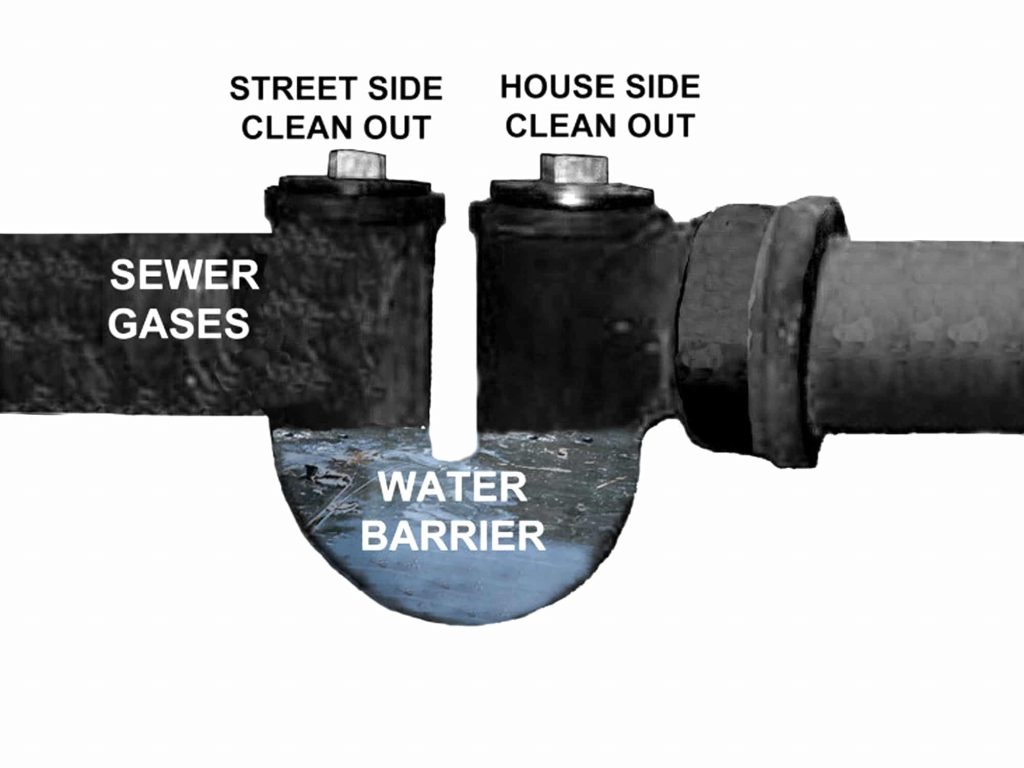
Preventative maintenance is the key to avoiding a basement drain backing up. By taking some simple steps, you can prevent a small problem from turning into a big one. A little bit of effort now can save you a lot of time and money later. If you have a basement drain backing up, delaying repair or prevention can cause extensive damage to your home and possessions. In addition, health hazards such as mold and mildew can quickly take root in wet conditions, posing a serious threat to your family’s health.
Call The Balkan Drain Team When A Basement Drain is Backing Up
Failing to properly determine the root cause of your drain backup can result in more serious problems down the road. If you are having trouble diagnosing your basement drain backup, or if you think you know the problem but are unsure of how to fix it, the best course of action is to call in a professional.
Balkan Sewer & Drain Cleaning has been helping homeowners with their drainage problems for over 70 years. We have the tools and experience to quickly diagnose and fix your problem. We can conduct a visual inspection of your drainage system and use our specialized equipment to quickly unclog any blockages.
If you think you might have a basement drain backup, don’t wait to call in the professionals. The Balkan team is here to help, 24/7. After over 70 years and over 90,000 satisfied customers, Balkan is The Team You trust.

